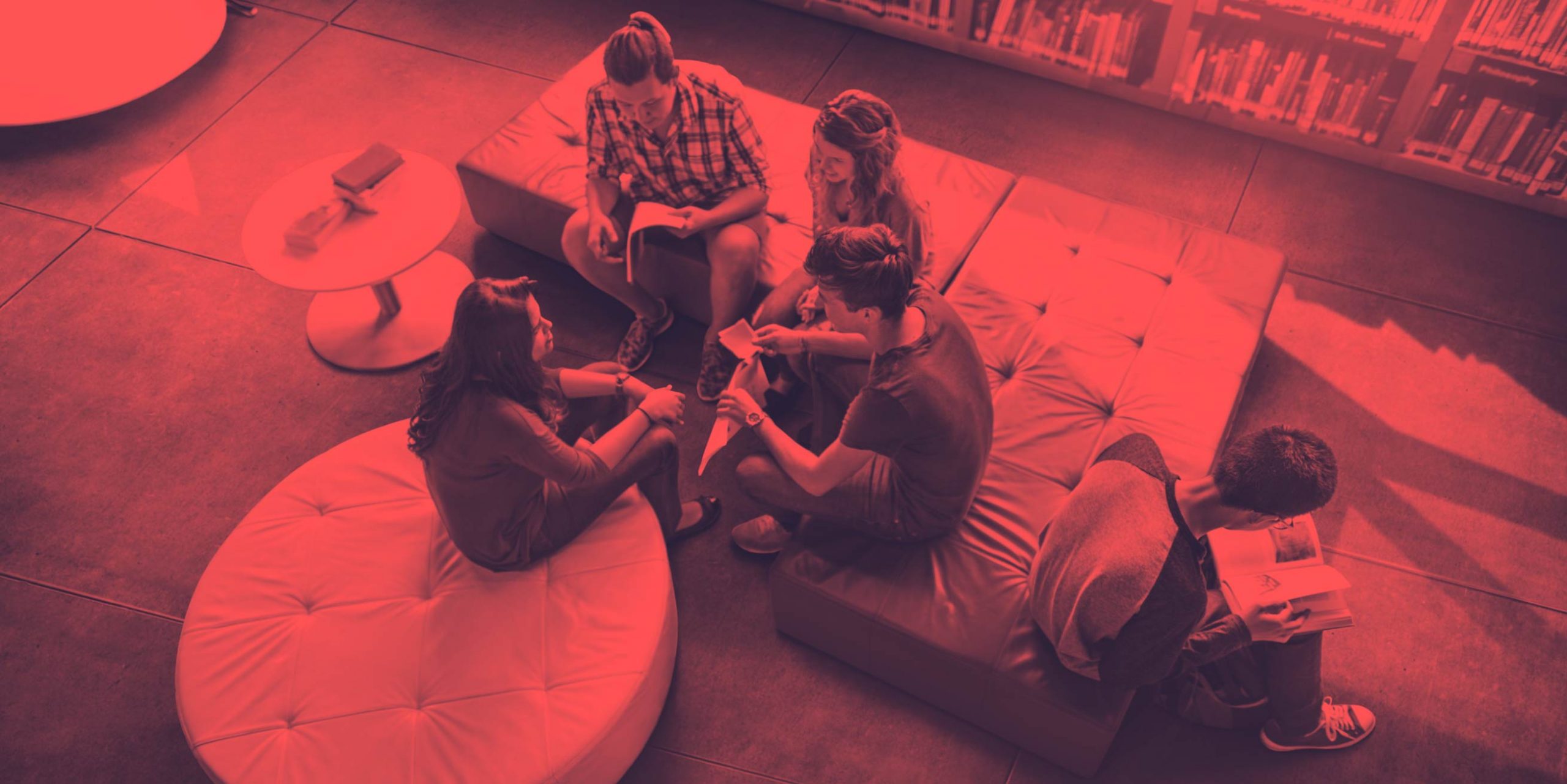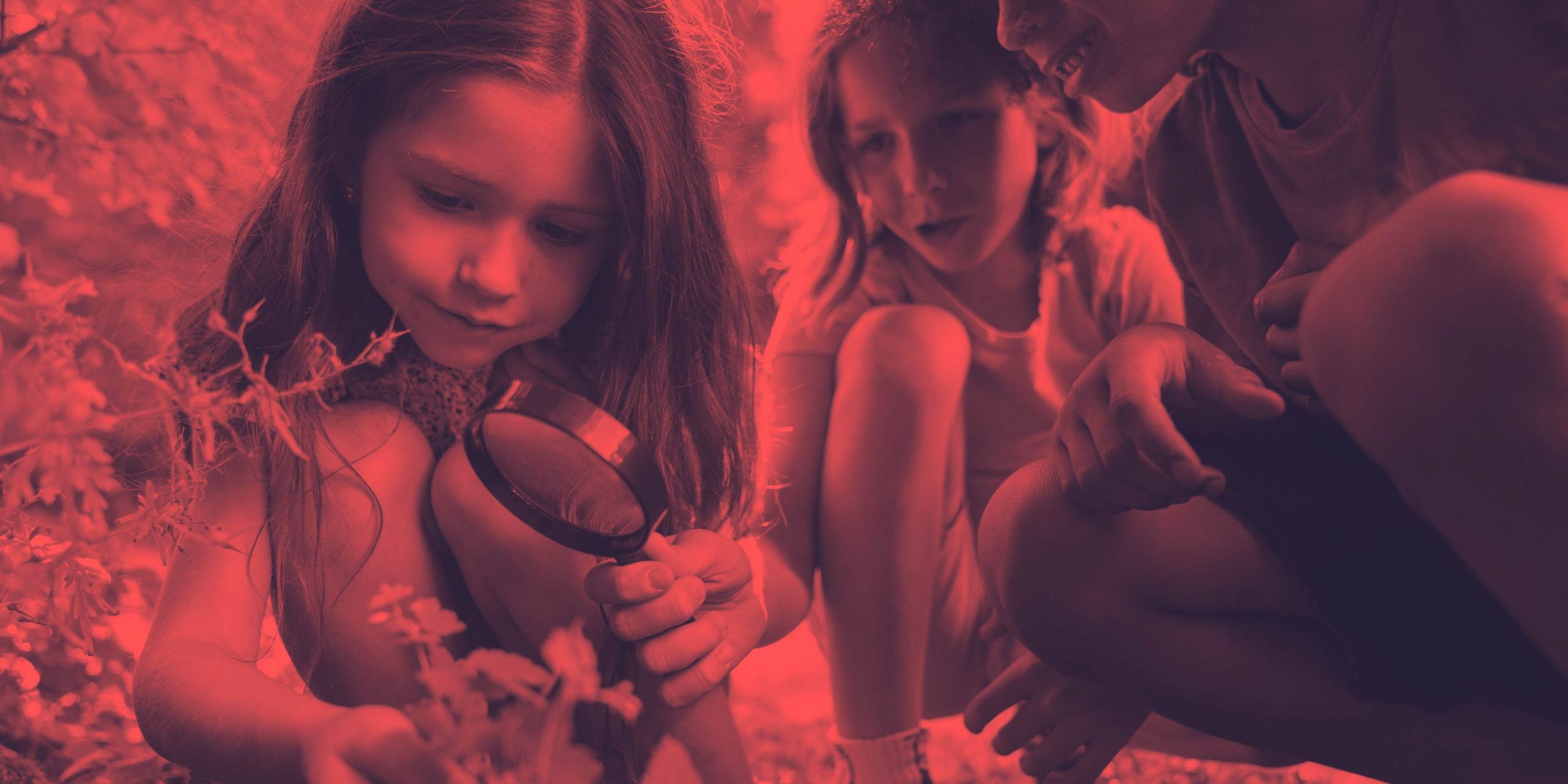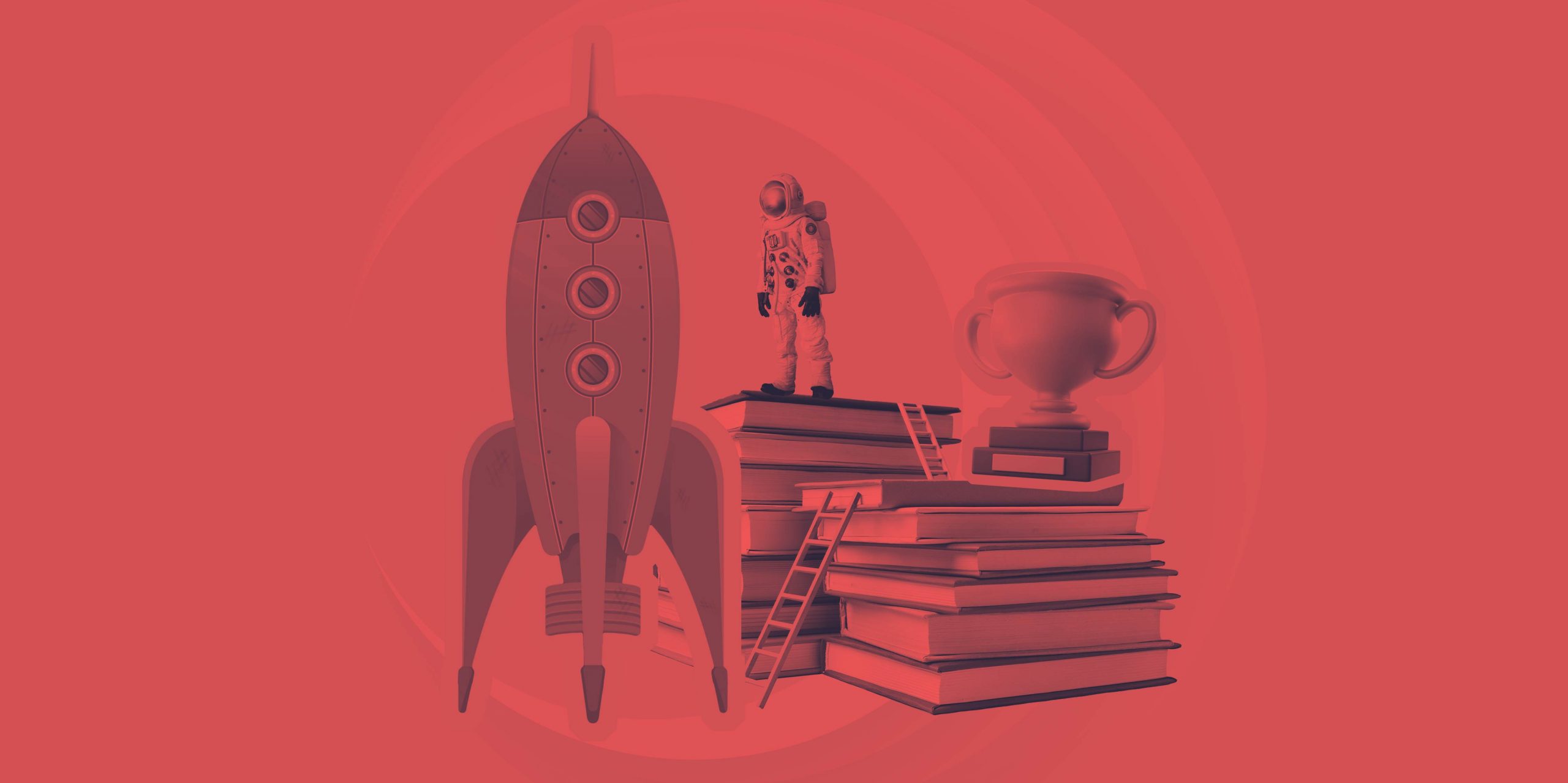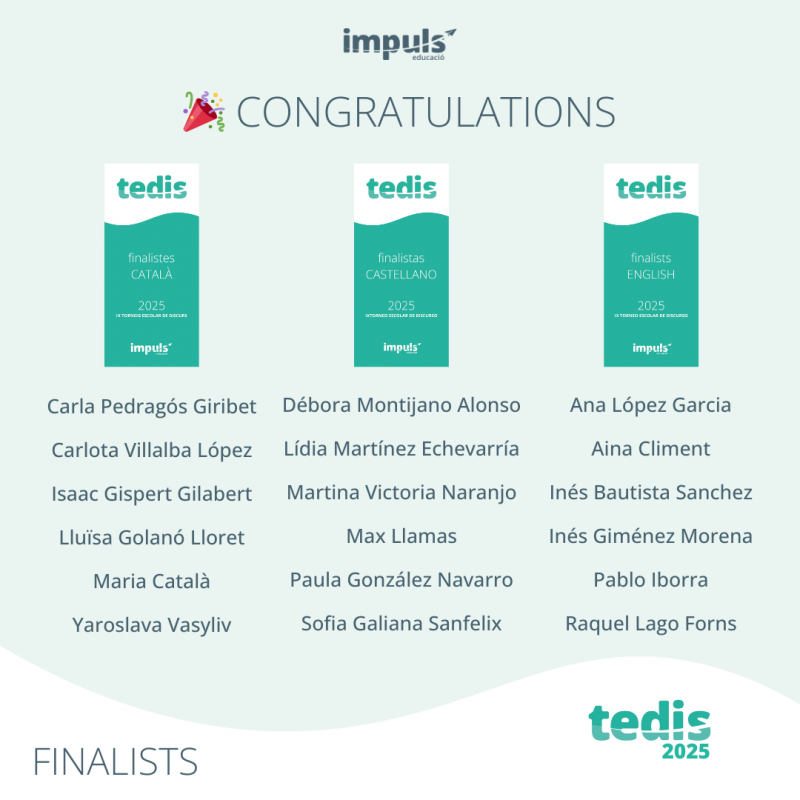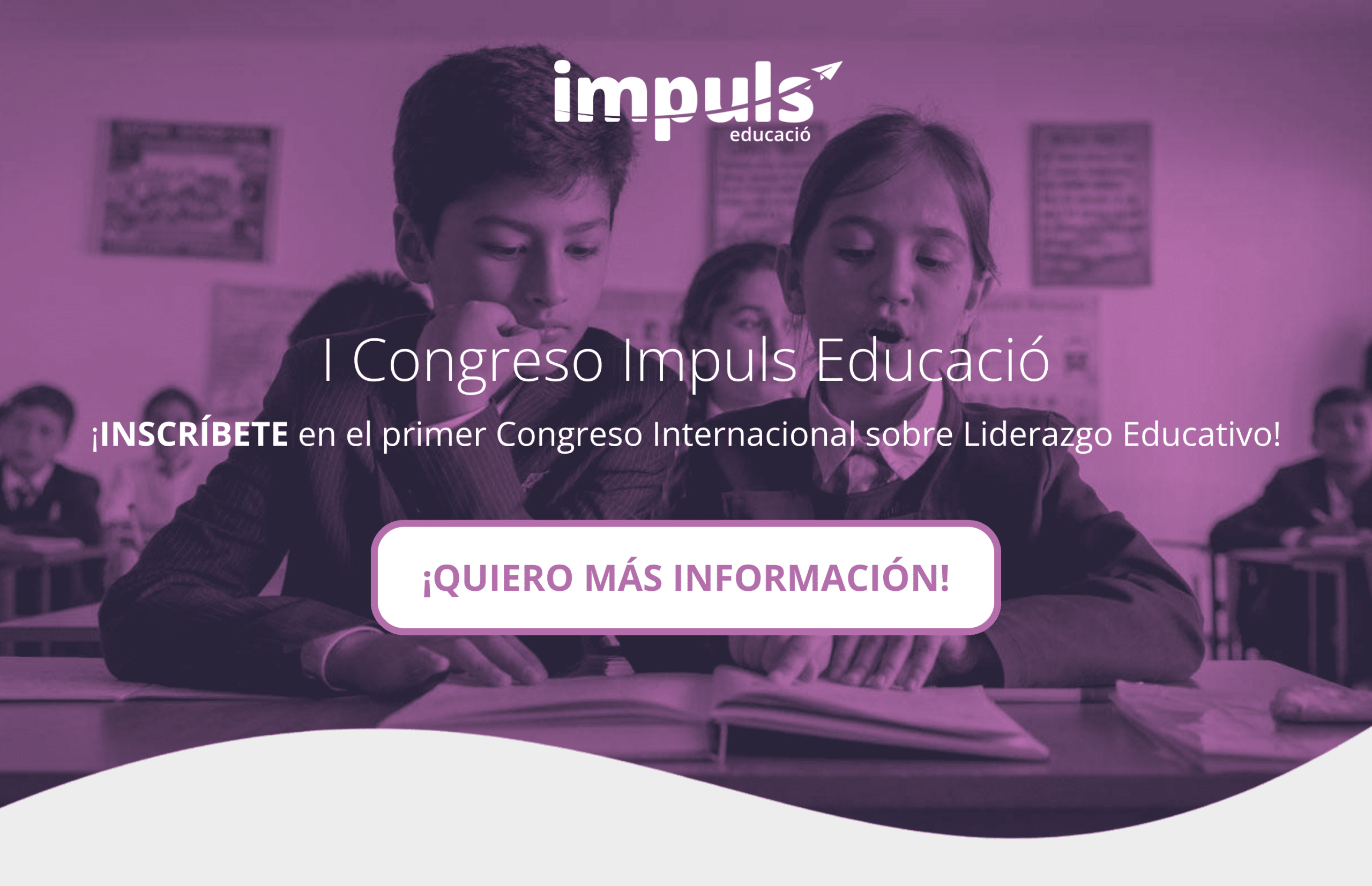by Ana Moreno Salvo
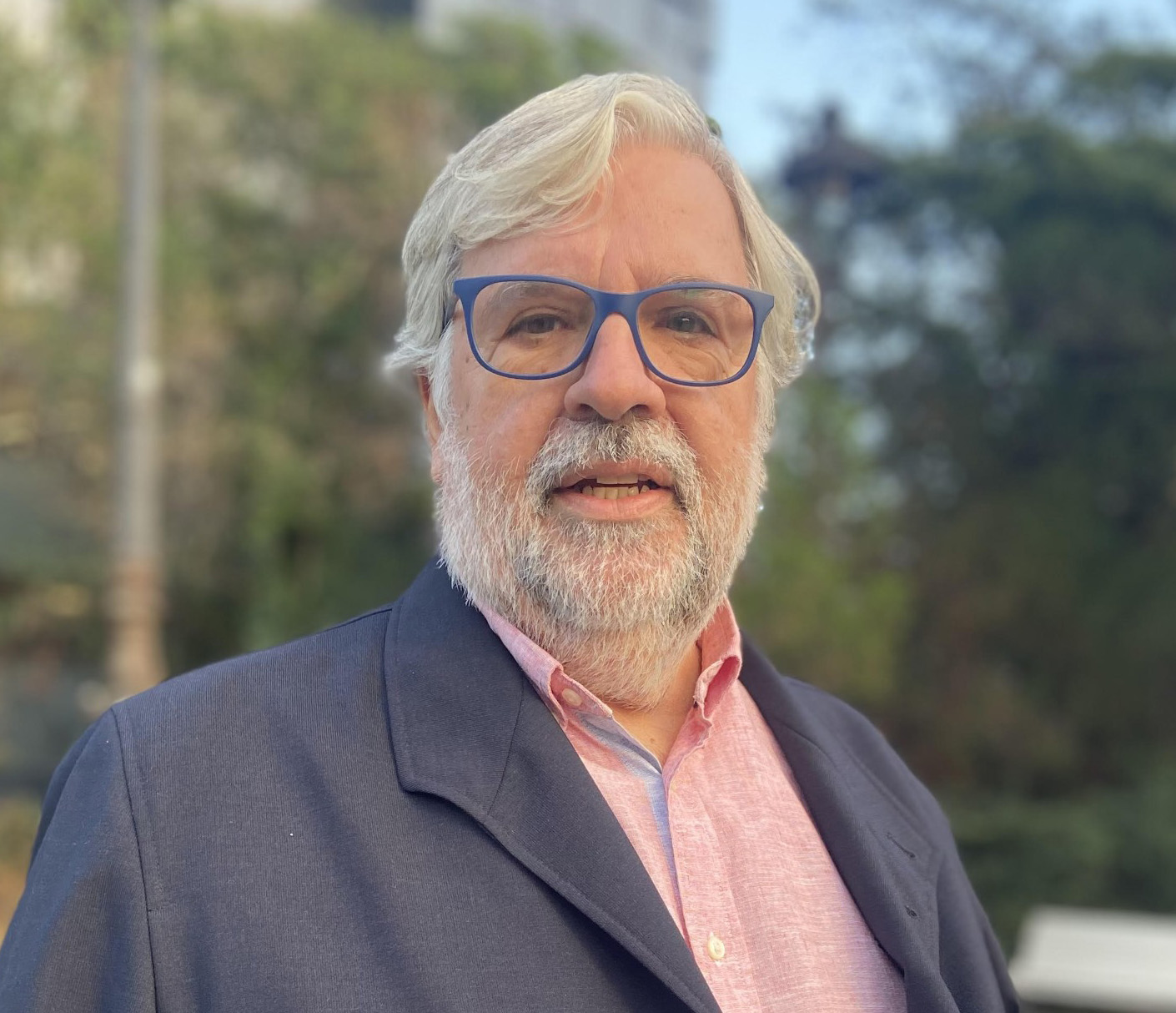
Pepe Menéndez as an international consultant on educational matters for institutions and governments all over the world. He has been the rector of the Joan XXIII School in Barcelona and deputy director of the Network of Jesuit Schools of Catalonia. He was co-founder of the European International Education school association.
Interview with Pepe Menéndez
What should we teach today to guarantee knowledge that makes us more human? Could you tell us which three lessons you would prioritise?
I would cite three lessons which I think should be prioritised. The first would be to teach how to search for information, discern sources and organise thinking based on rigorous data. We could summarise that with the idea of learning how to learn. But we also have to study to learn. And above all, schools should help to organise a solid way of thinking based on the rigour that comes from data, history itself and reliable sources. That’s learning.
The second priority for me would be to work in a team, to know how to engage in teamwork, which seems redundant. But it also means an ability to understand other ways of being and thinking. That is, it harbours a willingness to learn by understanding other ways of being and thinking, especially with an attitude that means we learn from others in all their diversity. In other words, it means learning to do and learning to live together.
And the third priority would be to connect learning with the construction and development of one’s personal life project, which, in the words of the legacy of the Delors report, would be tantamount to learning to be.
Learning to learn, learning to live together and learning to be, the three pillars of meaningful education

How do you think that the binomial being + knowledge should be resolved in the age of artificial intelligence?
We know that artificial intelligence is not intelligent because it takes advantage of the data that human beings feed it. It seems to me that the great tools that human beings have given themselves throughout history, from the wheel, to fire, to the printing press, to gunpowder, to the laser beam, are all very powerful for doing both good and evil. If education is unable to understand that technology is part of human existence and one of the tools we can use according to our educational goals, the question will be: What others will govern education?

Artificial intelligence can be a powerful tool, but it will depend on how humans use it for good or evil
What does the value of humanising school and learning as restorative processes mean to you?
My restorative vision has to do with a permanently critical view on the very becoming of humanity. I like this critical but optimistic view of history, in which the main challenge is how we live, how we understand those advances and how we move forward on issues such as analysing climate change and the national histories that migratory movements have called into question.
I think that one of the most obvious examples is that education has not always been an element of humanisation. It has often been an element of domination, even of forcing students’ personality to adapt to a certain way of being, to a certain profile, in terms of not only cultural considerations but also forms and identities.
In my opinion, the restorative approach is a look from love and gratitude, as well as from the ability to build critical thinking that leads us to ask ourselves what is going to make schools truly more humane.
What do you consider to be the key aspects of educating students in freedom?
If we focus on empowering the students’ life projects, something that has become more prominent now than ever, it is important that students really take their own decisions and that their personal process is respected. To me, freedom has to do with the system’s ability to adapt to each person, not the other way around.
What should not happen is for students to think that going to school is a kind of sacrifice they have to make, and that freedom, creativity and decision-making will come later, when they are adults.
Educating in freedom means that students really take their own decisions and that their personal process is respected
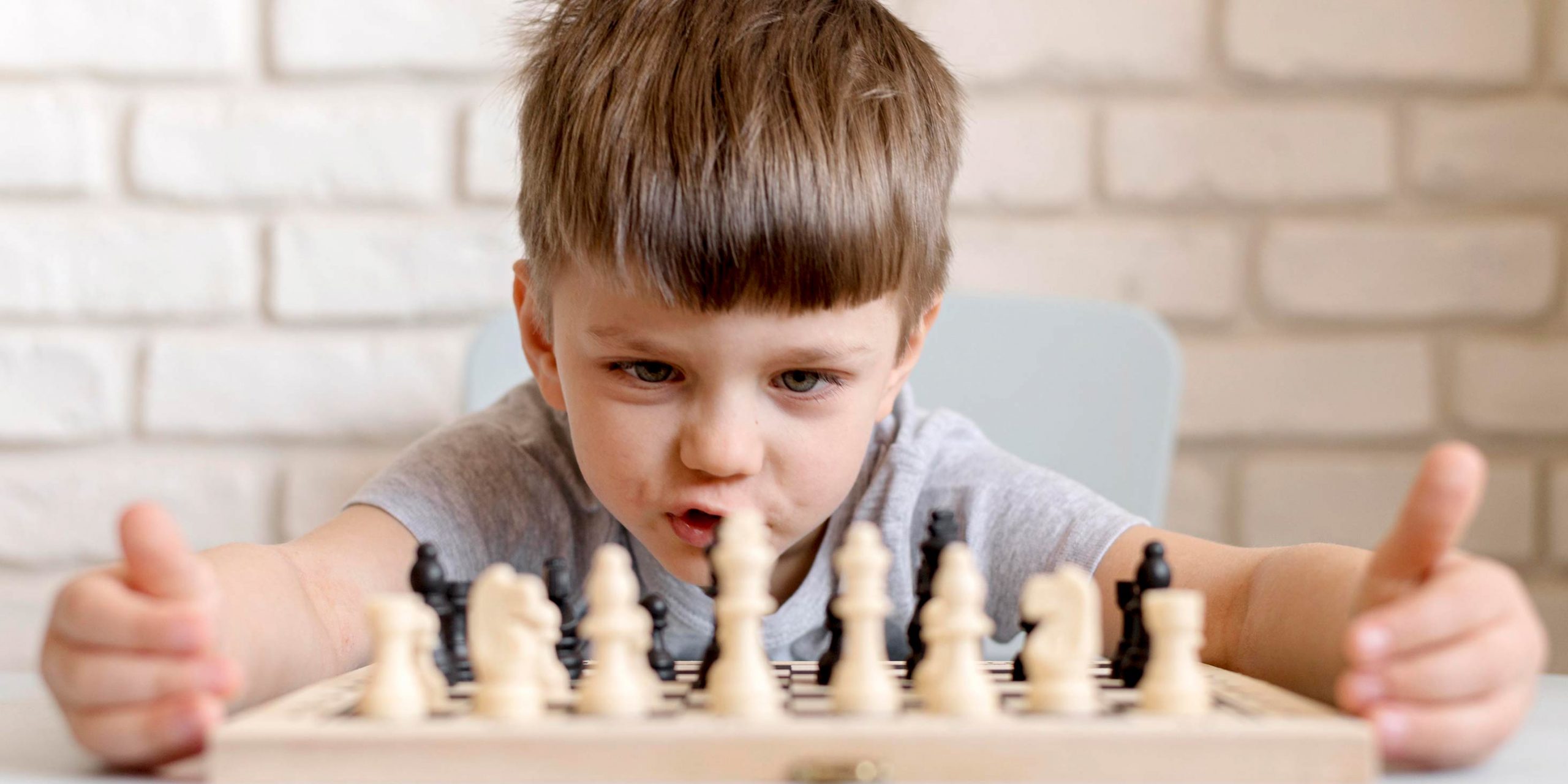
How can the methodology of questioning foster a holistic education, an education for being, which puts the whole person at the core of the educational process?
We learn by asking good questions. A good question is one that forces a person to look for information, read, compare and decide which option seems better. And it’s even better if those questions lead to good teamwork, in which we learn more from others, from their different way of seeing reality, by working with peers.
For me, learning with questions means learning to make connections between different kinds of knowledge. Right now, the instrument that very powerfully connects us with information is technology. Methodologies are always functional and instrumental; they are seldom an end in themselves.

Questions are a classical technique, the learning methodology “par excellence”,
now enhanced by AI
What teaching role does this new way of viewing education demand, and how do you work on the teacher’s educational identity so that they know how to support students and be a role model?
I think now than ever it is more difficult to be a teacher, because everything is much more horizontal than it was 40 years ago, and because even access to knowledge, access to information, the very cultural conception of the dignity of the person and their rights have evolved a great deal.
Knowledge-related professions are much more demanding now and require much more versatile skills than they did years ago.
Major conquests often present us with new challenges.
The requirement that the entire population should have a good level of education is an enormous challenge. And from my standpoint, it should also be parallel to a country’s own social, educational, cultural and economic conditions.
Nobody can teach what they haven’t experienced, that is, what they don’t know experientially. You don’t learn how to work in teams from a teacher who has only read great books on teamwork. You does not learn to support a student if you have not experienced the process of supporting your own administrative team, the people around you who have helped you to grow throughout your professional life.
We still have old paradigms in the profession, when the challenges have changed so much

Do you think it is possible that one day machines will take over the role of schools?
Schools, like other social institutions, are not an isolated element; they are in a crisis of recognition which all institutions are experiencing, even democracy itself.
Schools have to make an effort to earn that authority, just as other institutions do. If teachers can be replaced by machines, it is because they are only focused on transmitting information. And in that sense, machines are much more powerful. However, if schools focus on the most valuable thing they have, which is helping the advancement of the integral formation of children and adolescents, that is, of human beings, if they focus on that through learning knowledge, then they are irreplaceable.

If schools focus on the most valuable thing they have, is helping the advancement of human beings, then they are irreplaceable
A machine, at least the machines we imagine, cannot empathise emotionally beyond the polite words it uses. If we lose the sense of the very purpose of education and the educator, one who teaches by contagion, we will lose the human factor, and then we can be replaced by machines. But if we focus on the process of humanising schools, they will be irreplaceable. Human beings are irreplaceable.
What characterises school leadership that makes things happen?
People, increasingly, and teachers, have always done things not by decree but out of conviction. The fact that teachers are usually alone in the classroom means that they have to be convinced of things in order to actually do them.
We need leadership geared at improving teaching and learning processes. We need leadership linked to student support, to creating relational contexts that favour this learning. And this calls for an administrative team profile with the ability to learn and move teachers’ competencies and beliefs towards the conviction that everyone can learn. The characteristics of this leadership are people who have a solid knowledge of pedagogy and the relational part, the psychology of human groups, to help them to get to know each other better, work as a team and guide them towards a common project.
A good leader has knowledge of pedagogy and of accompanying people towards a common project





